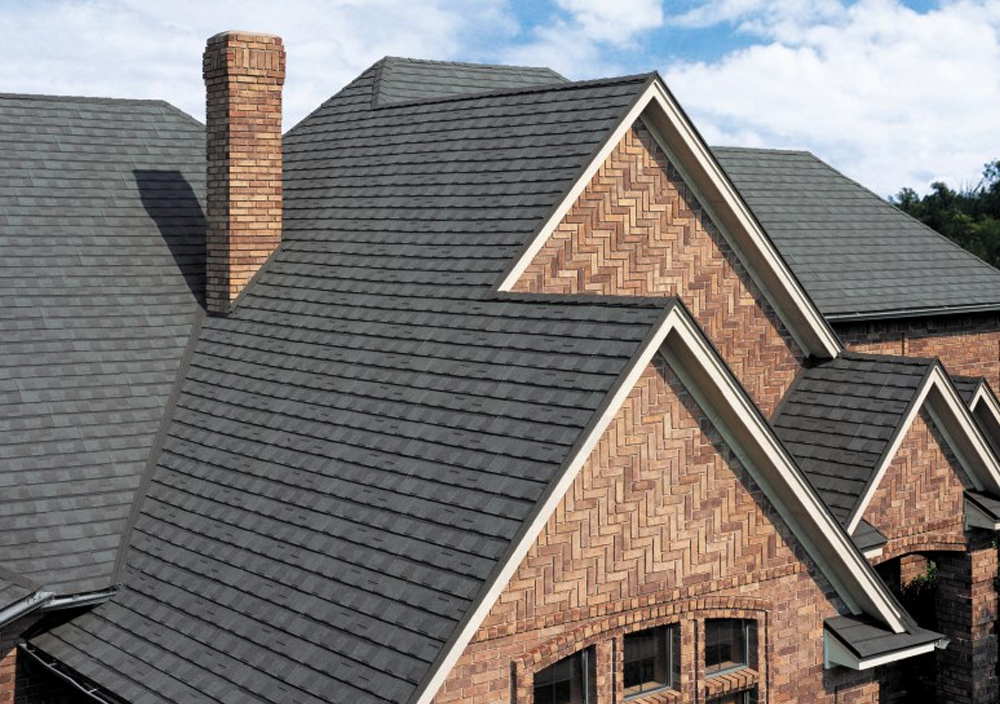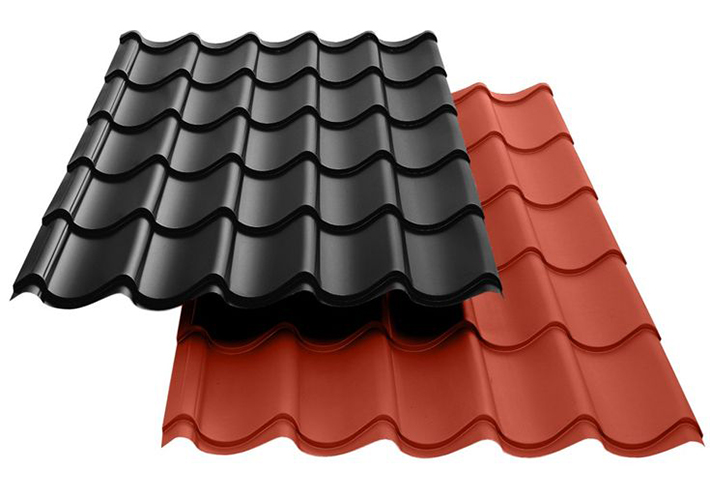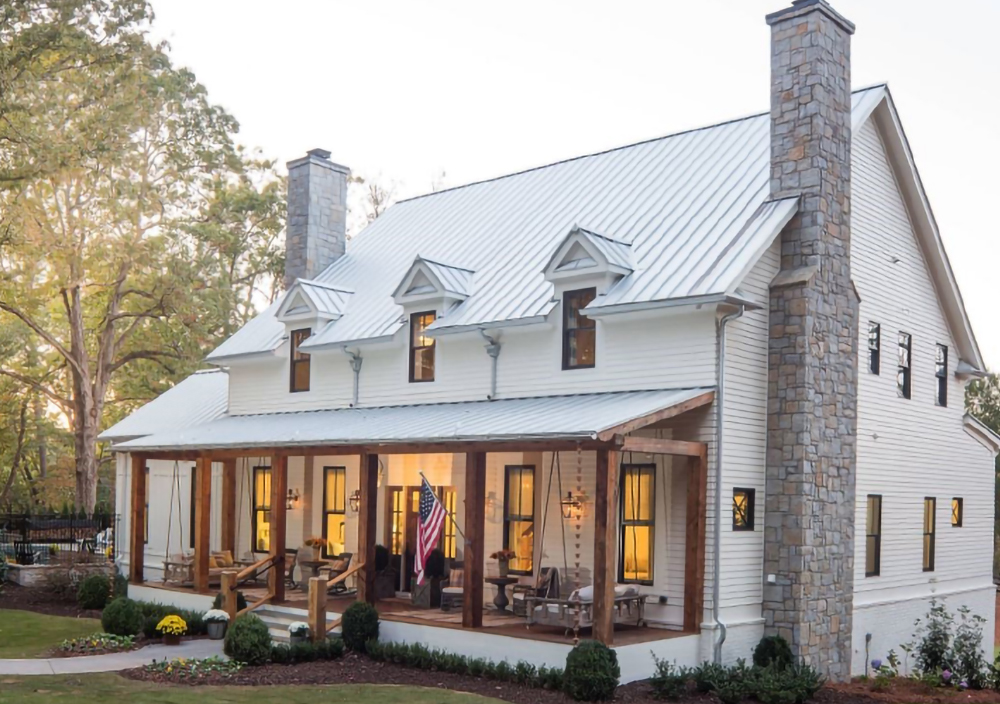Concrete nails, also known as masonry nails, come in various sizes to accommodate different applications. The common sizes typically refer to the length of the nail, measured in inches or millimeters. Here are some of the standard sizes for concrete nails:

Types of Concrete Nails
- Smooth Shank Concrete Nails: These have a smooth shank and are often used for light-duty applications.
- Twisted Shank (Spiral) Concrete Nails: These have a twisted shank which provides better holding power and is suitable for more demanding applications.
- Fluted Shank Concrete Nails: These have vertical flutes along the shank for improved grip in the concrete.
- Annular Ring Shank Concrete Nails: These have rings along the shank that enhance their holding power.
Concrete Nails
Concrete nails are made of hardened steel and have fluted shafts that help them sink into the concrete. You can also use masonry nails, which have a square cross-section and are tapered from the head to the tip.
View MoreSpecific Sizes and Uses
- 1 inch (25 mm):
- Diameter: Typically 12 gauge.
- Use: Light-duty applications such as securing electrical boxes to concrete or masonry walls.
- 1.5 inches (38 mm):
- Diameter: Typically 10 or 12 gauge.
- Use: Attaching thin materials like plywood or paneling to concrete surfaces.
- 2 inches (50 mm):
- Diameter: Typically 9 or 10 gauge.
- Use: Medium-duty tasks such as securing wooden battens or furring strips to concrete or brick.
- 2.5 inches (63 mm):
- Diameter: Typically 9 gauge.
- Use: Attaching thicker materials, such as 2x4s, to concrete walls for framing purposes.
- 3 inches (75 mm):
- Diameter: Typically 9 gauge.
- Use: Heavy-duty applications such as attaching thick lumber or large metal brackets to concrete.
- 3.5 inches (89 mm):
- Diameter: Typically 9 gauge.
- Use: Securing very thick materials or for construction work that requires deep penetration into the concrete.
- 4 inches (100 mm):
- Diameter: Typically 9 gauge.
- Use: Very heavy-duty applications, often in industrial or commercial construction.
Materials and Coatings

- Galvanized: These nails have a zinc coating to resist rust and corrosion, making them suitable for outdoor use or in damp environments.
- Bright (Uncoated): These are used in indoor applications where there is no exposure to moisture.
- Blue Coated: These nails have a special blue coating that offers additional rust resistance and is often used for masonry work.
Selecting the Right Concrete Nail
When selecting the right concrete nail for a job, consider the following factors:
- Material to be fastened: Thicker materials require longer and thicker nails.
- Environment: Use galvanized or coated nails in environments where moisture is present to prevent rust.
- Load and stress: Heavier loads require thicker and longer nails with better holding power, such as twisted or annular ring shank nails.
- Depth of penetration: Ensure the nail length is sufficient to penetrate the concrete deeply enough for a secure hold.
Concrete nails are typically driven into the concrete using a hammer or a nail gun designed for masonry. Proper safety equipment, such as safety glasses and gloves, should be worn when working with concrete nails.
More details:https://www.sinogrp.com/contact-us/






